Zora J Murff is a Visiting Assistant Professor of Photography at the University of Arkansas. Zora received his MFA in Studio Art from the University of Nebraska–Lincoln and holds a BS in Psychology from Iowa State University. Combining his education in human services and art, Zora’s photography focuses on how images are used to reinforce social and cultural constructs including race and criminality. His work has been exhibited nationally, internationally, and featured online including Aperture Magazine, The New Yorker, VICE Magazine, The British Journal of Photography, and The New York Times. In 2017, Zora was named the Daylight Photo Award Winner and was also selected as a LensCulture 2017 Top 50 Emerging Talent with his collaborative partner Rana Young. Zora’s fist monograph, Corrections, was published by Aint-Bad Editions in 2015 and his second monograph, LOST, Omaha, was published by Kris Graves Projects in 2018.
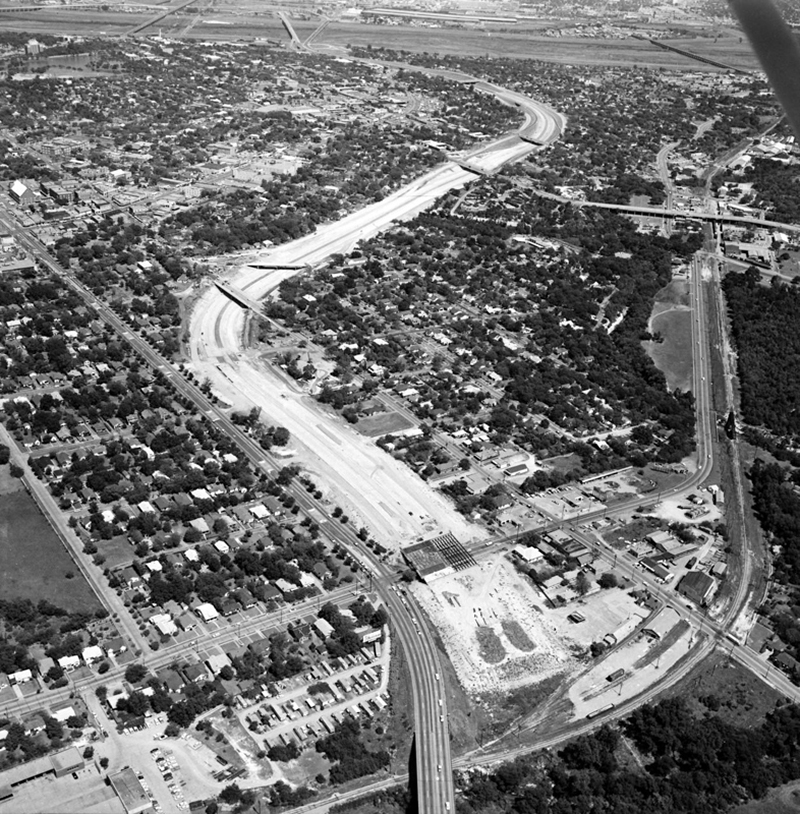
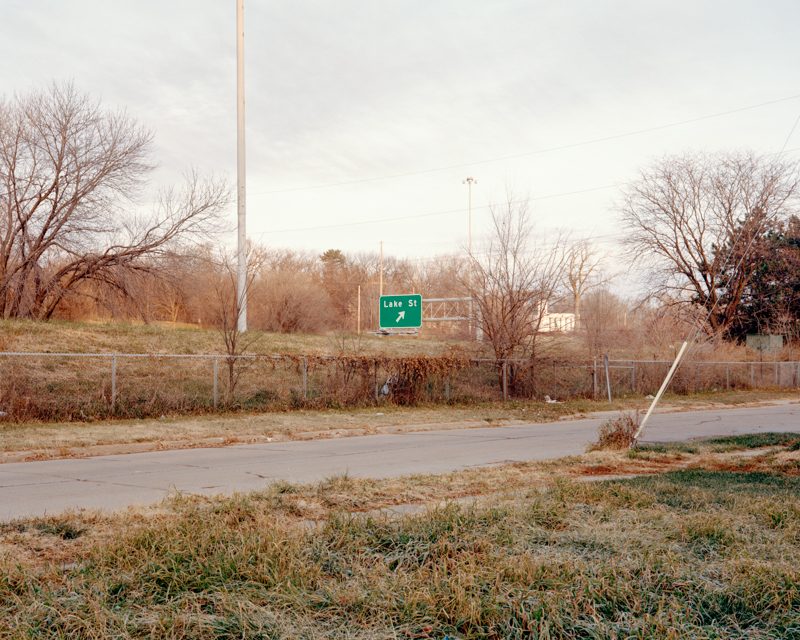
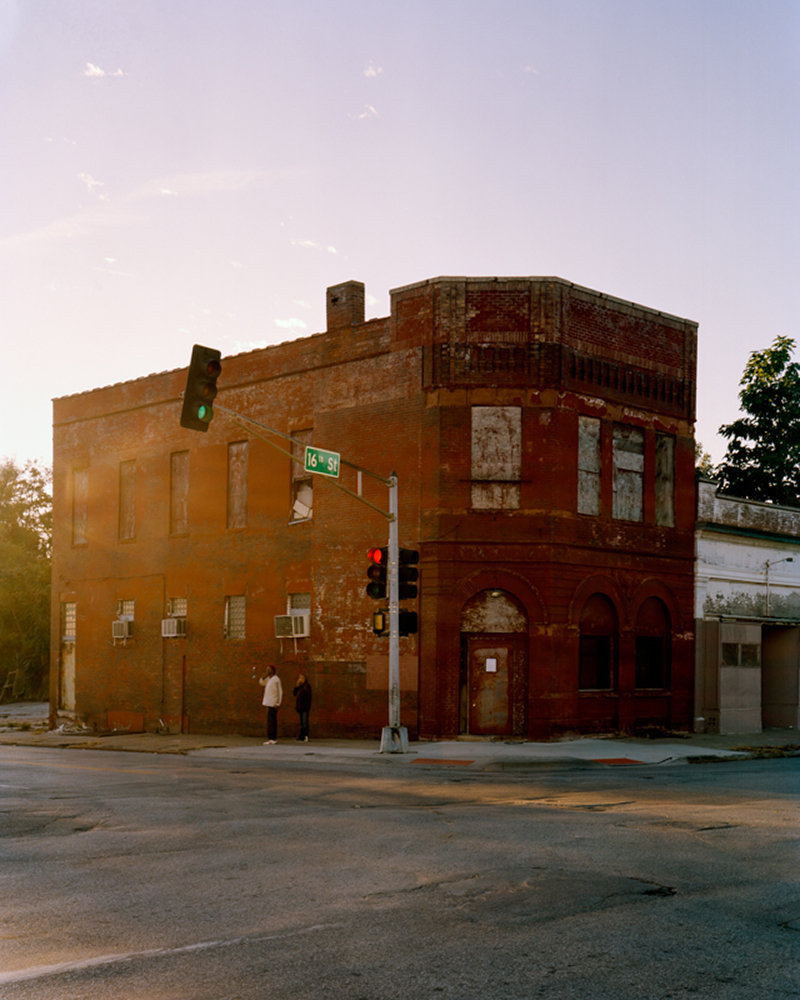
At No Point In Between
I don’t know how many videos of Black people being killed by police officers I have watched, but I know the power these images possess. They are injurious yet informative, shifting how I navigate my Black body through this world. As I deal in researching and making images, this profound effect born from the visual was curious to me, compelling me to dig past the image’s surface. What I found was an inescapable component of American history pockmarked with the theft of Black life by white hands, and the photographic documentation of that violence.
The oppression of Black individuals in America has continued to evolve, expanding the ways in which racial violence is perpetrated. We must now perceive violence dichotomously between fast and slow. Forms of fast violence are readily understood because of the wide chasm between cause and effect. Working in the historically Black neighborhood of North Omaha, Nebraska, I evaluate the fallout of government-endorsed prejudicial housing policies––known as “redlining”––that have affected this place and propose them as a form of slow violence.
At No Point In Between prompts inquiry into how racial violence has been recorded through images, and how these same images can be used to interrupt collective belief. I accomplish this by invoking the notion of the photographic archive; addressing the convergence of the physical and social landscape; and reinterpreting complex narratives about race, power, and violence. Undulating between created and appropriated imagery, I tap into the photograph’s capacity as an archive to generate a subset of knowledge and make a claim on history. This collection of images are meant to be scrutinized in both their historical and contemporary contexts, and I metaphorically connect fast and slow violence. In this body of work, witnessing is intertwined with critical analysis, and I provide a deeper understanding of systemic white supremacy and the resulting violence therein.
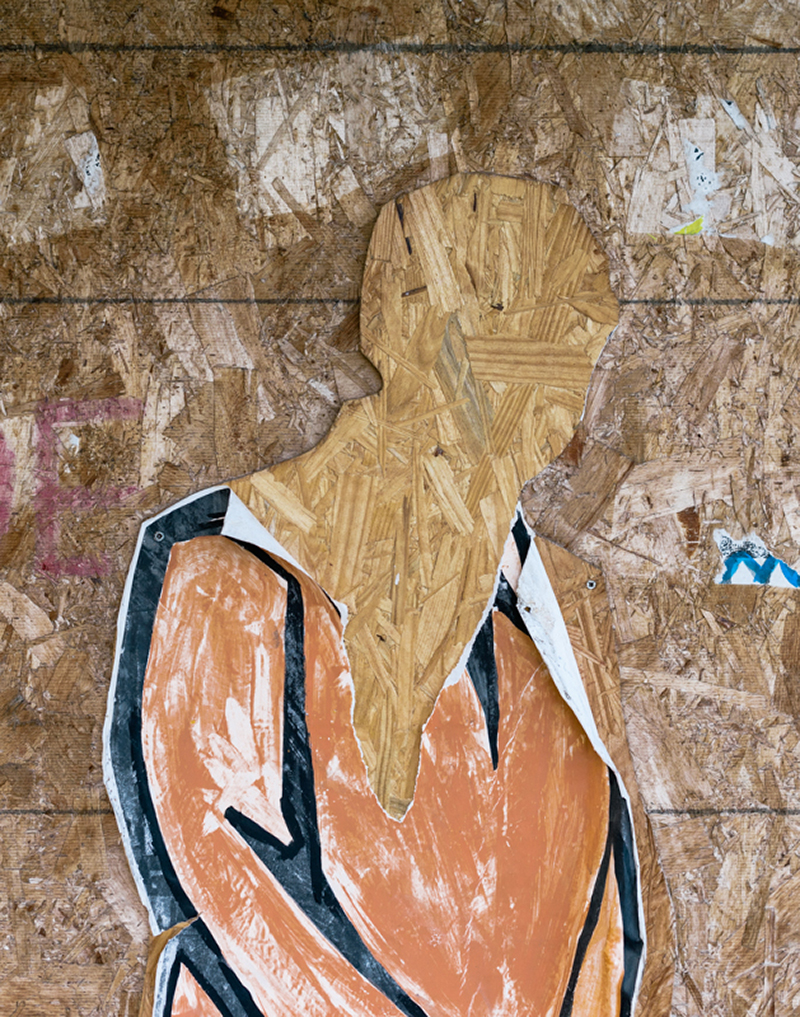
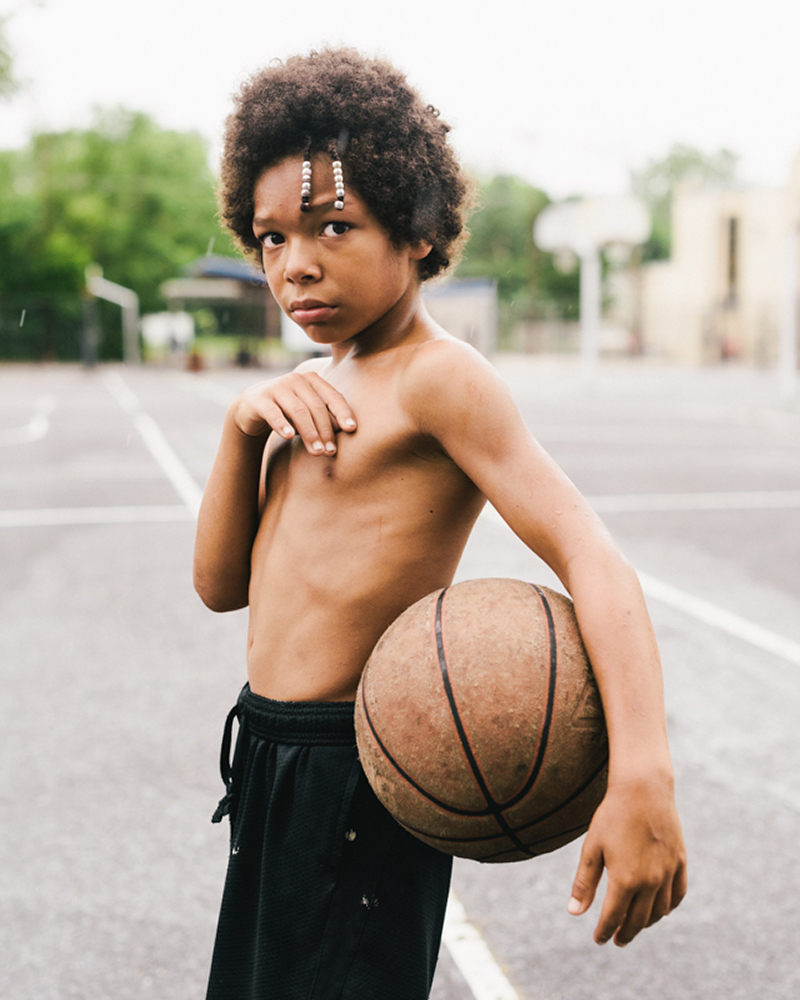
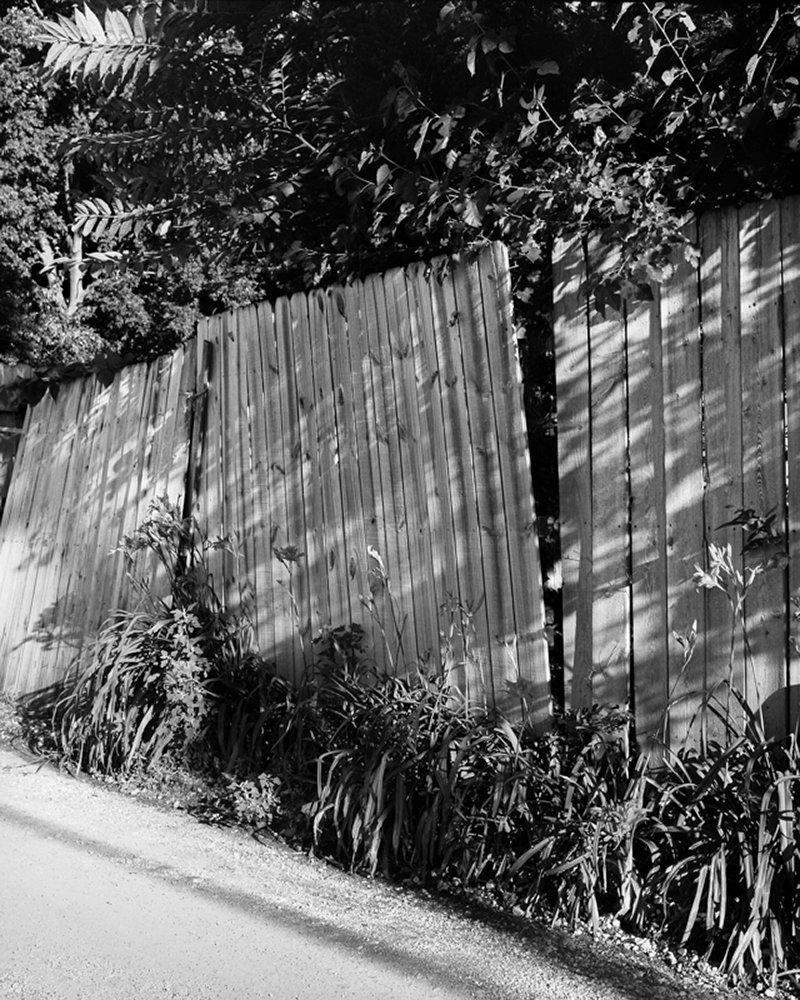
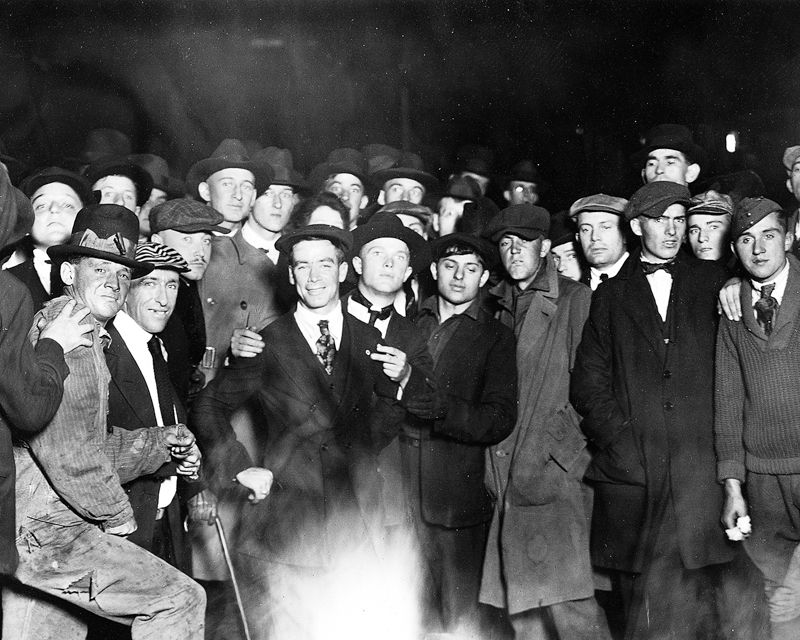
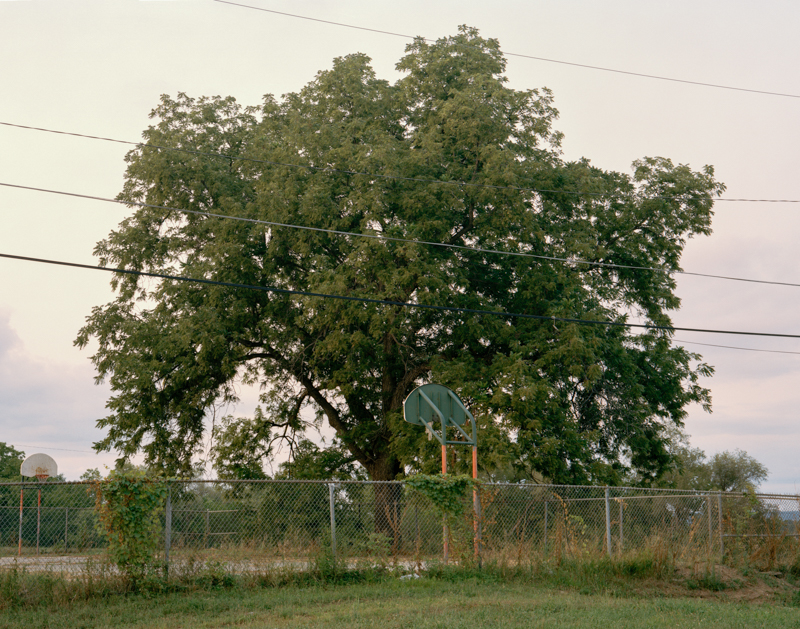
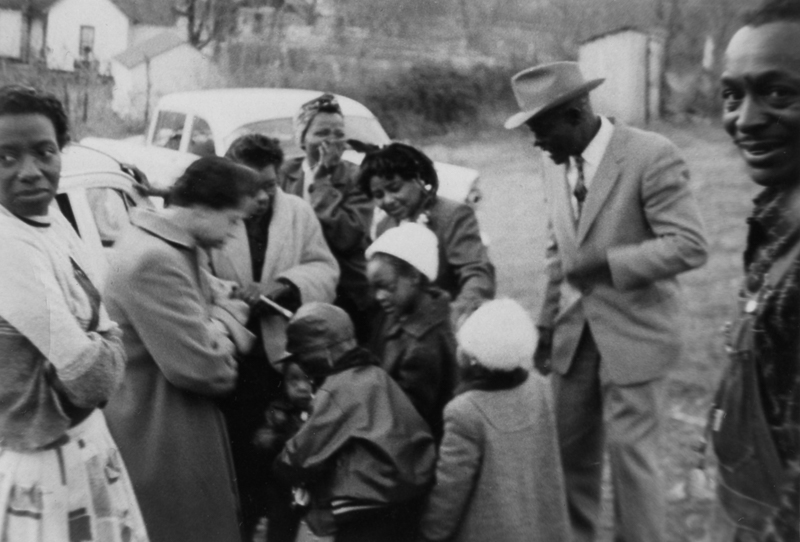
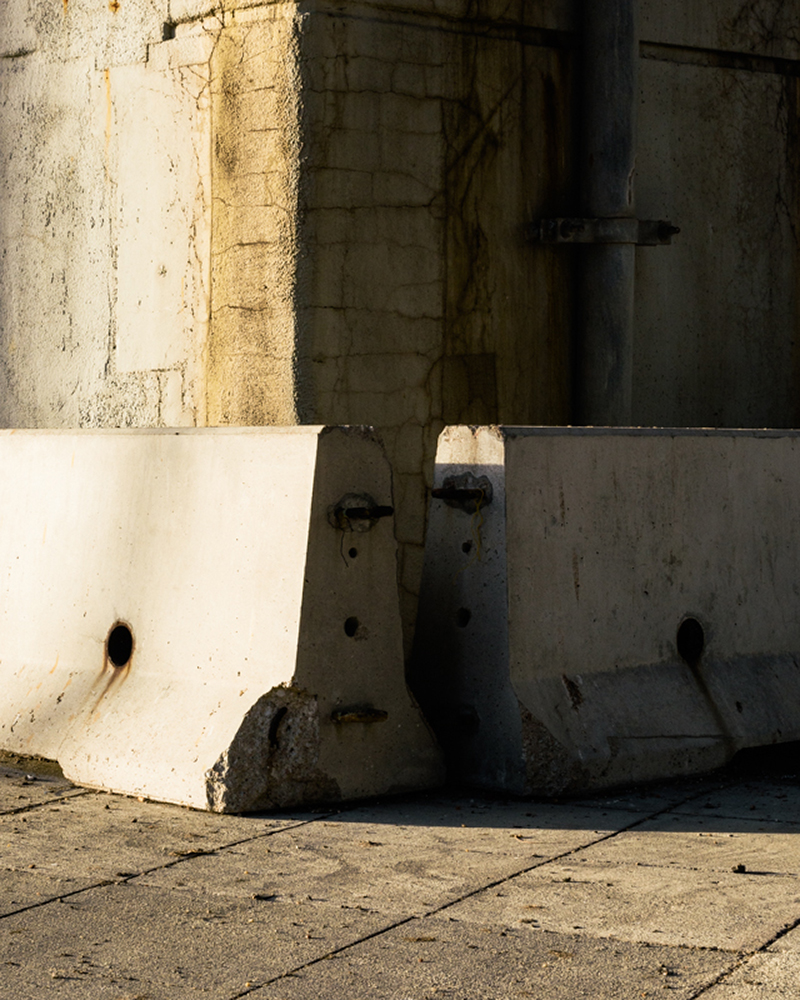
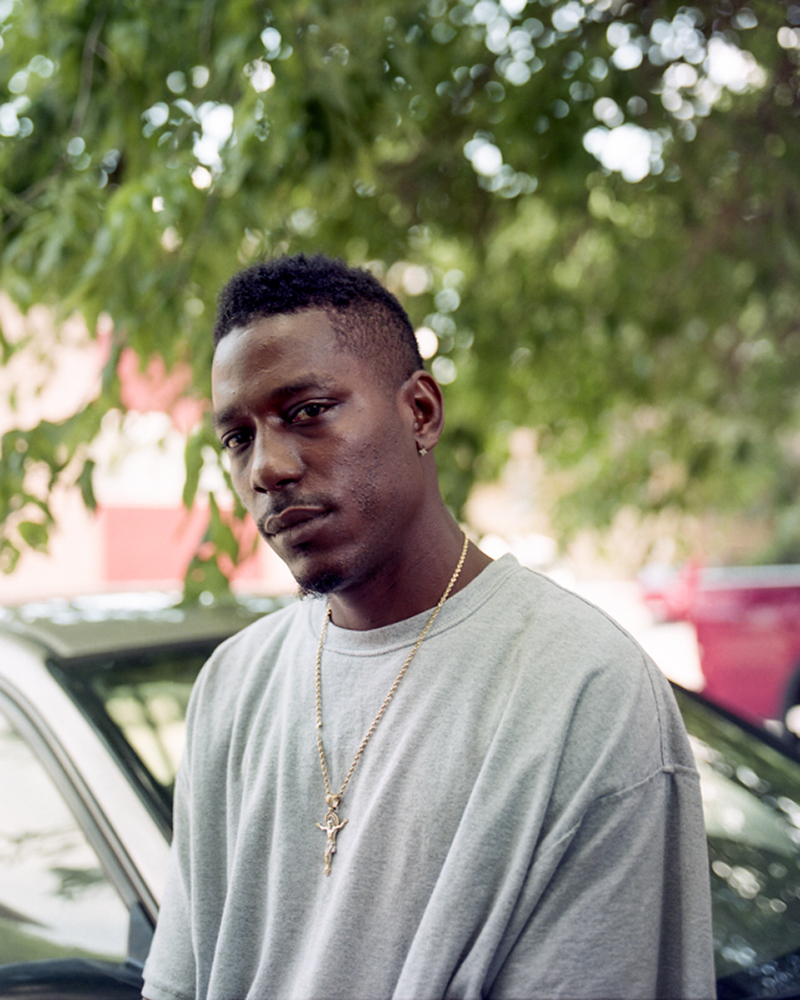
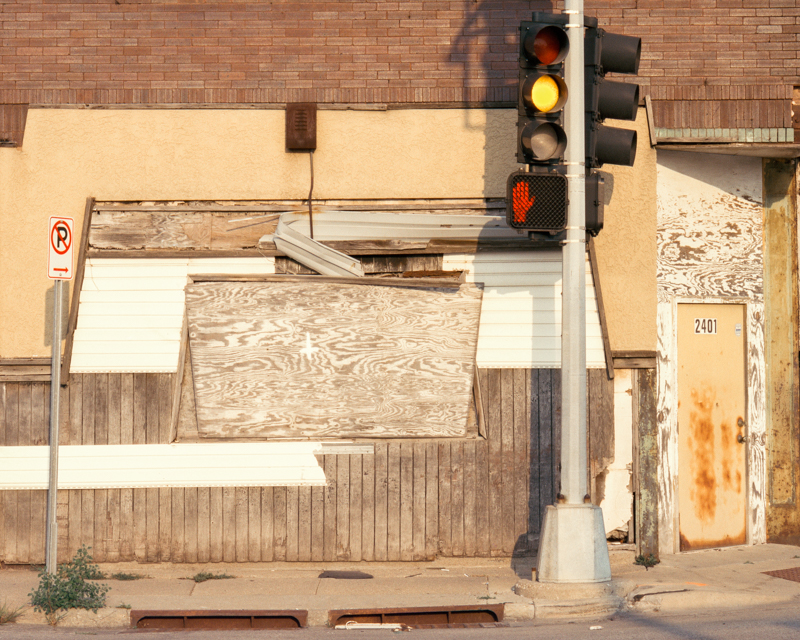
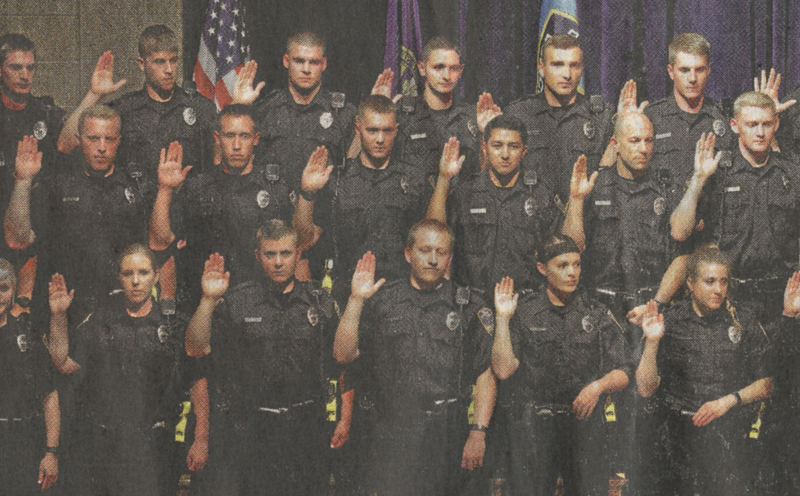
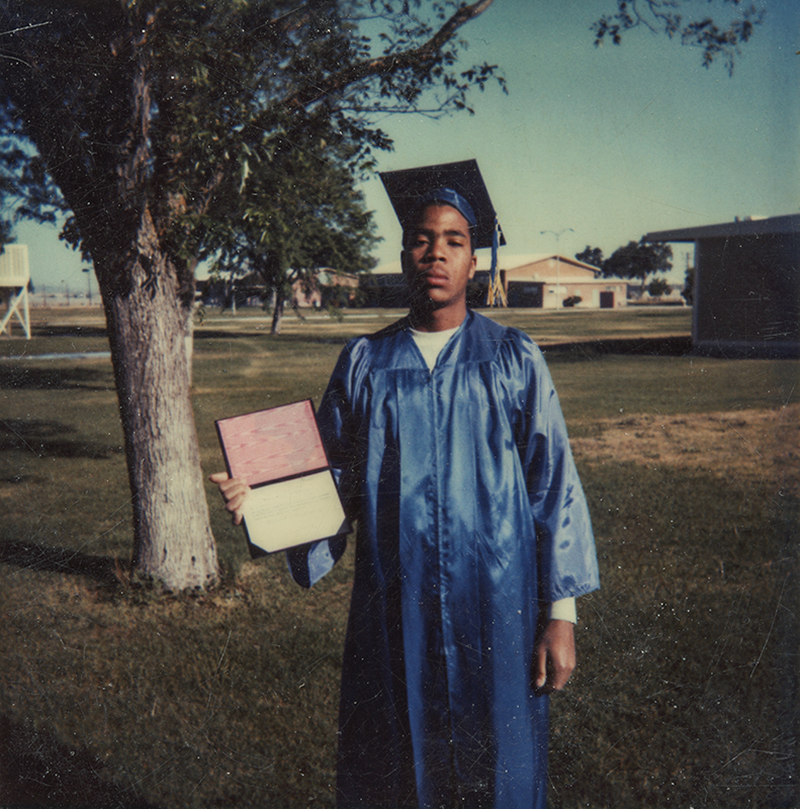
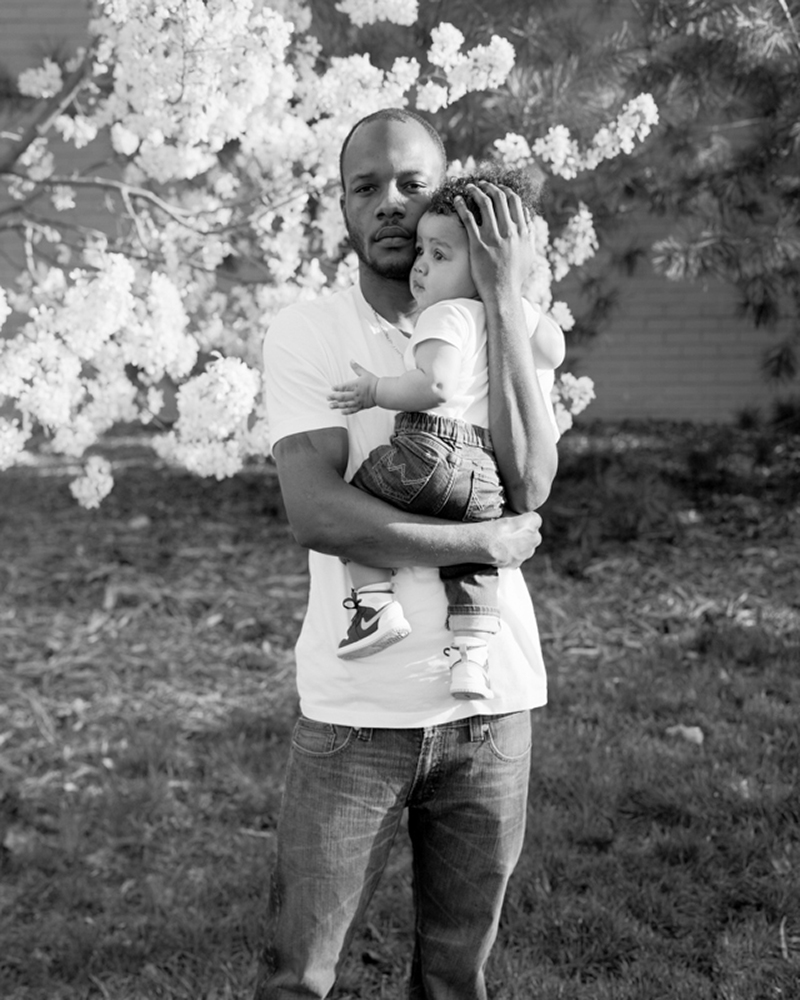
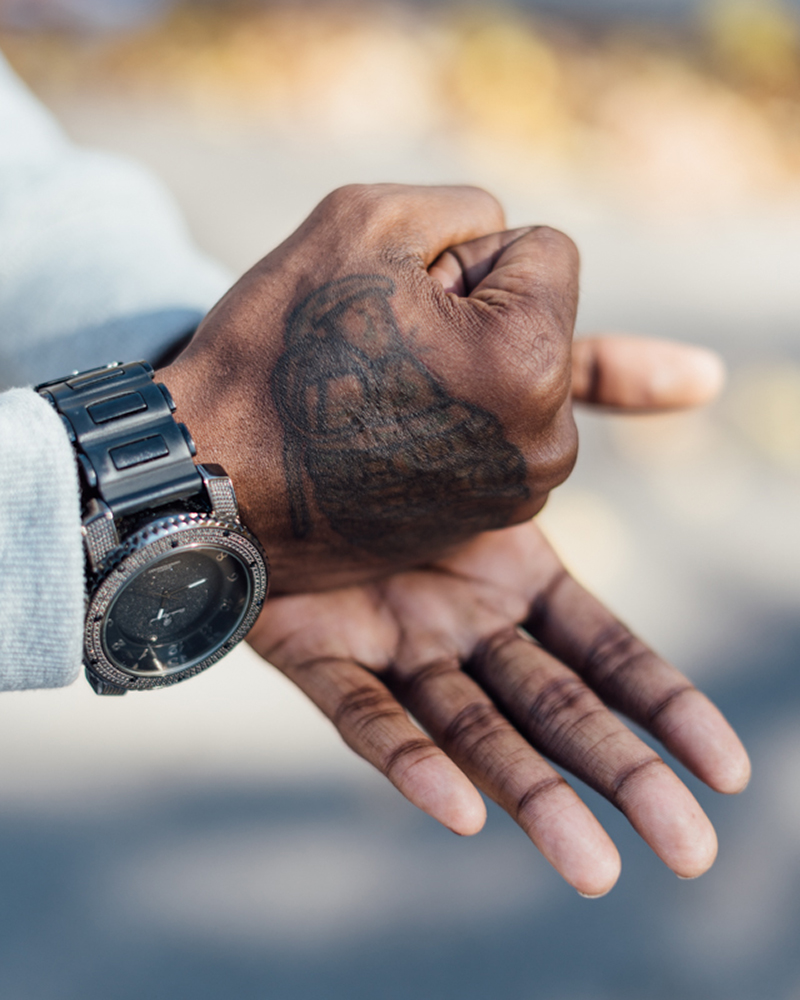
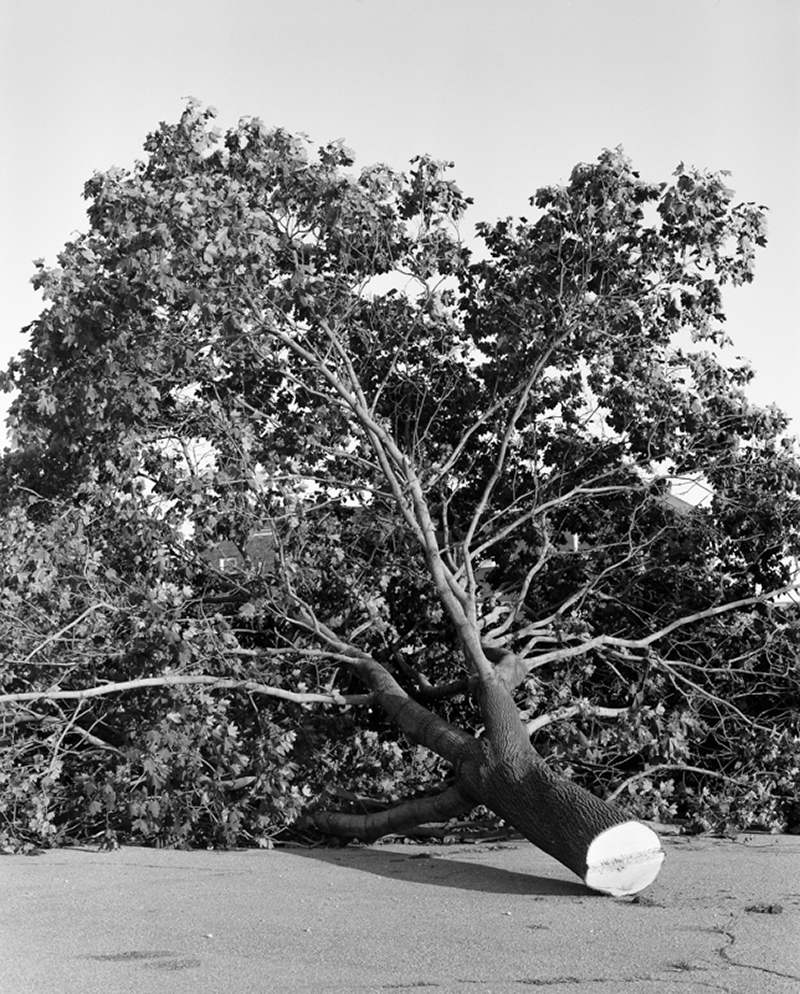
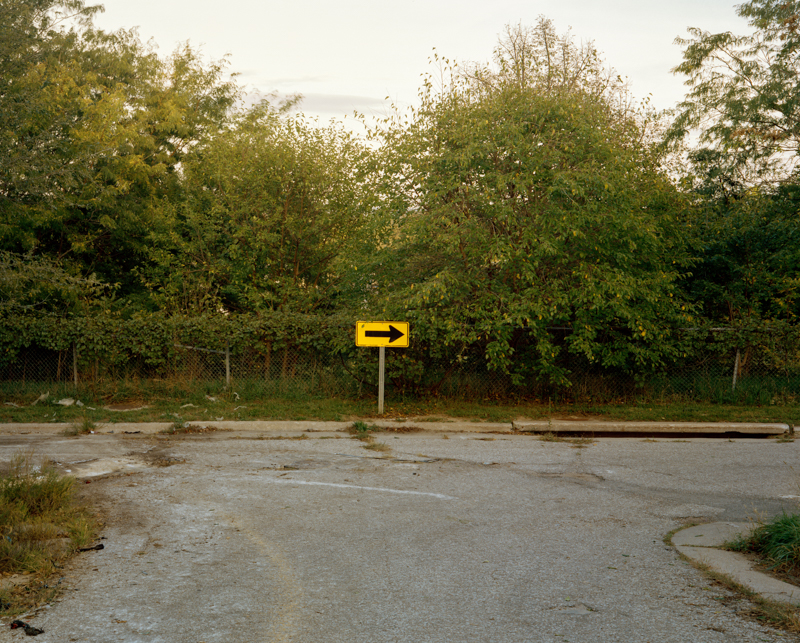
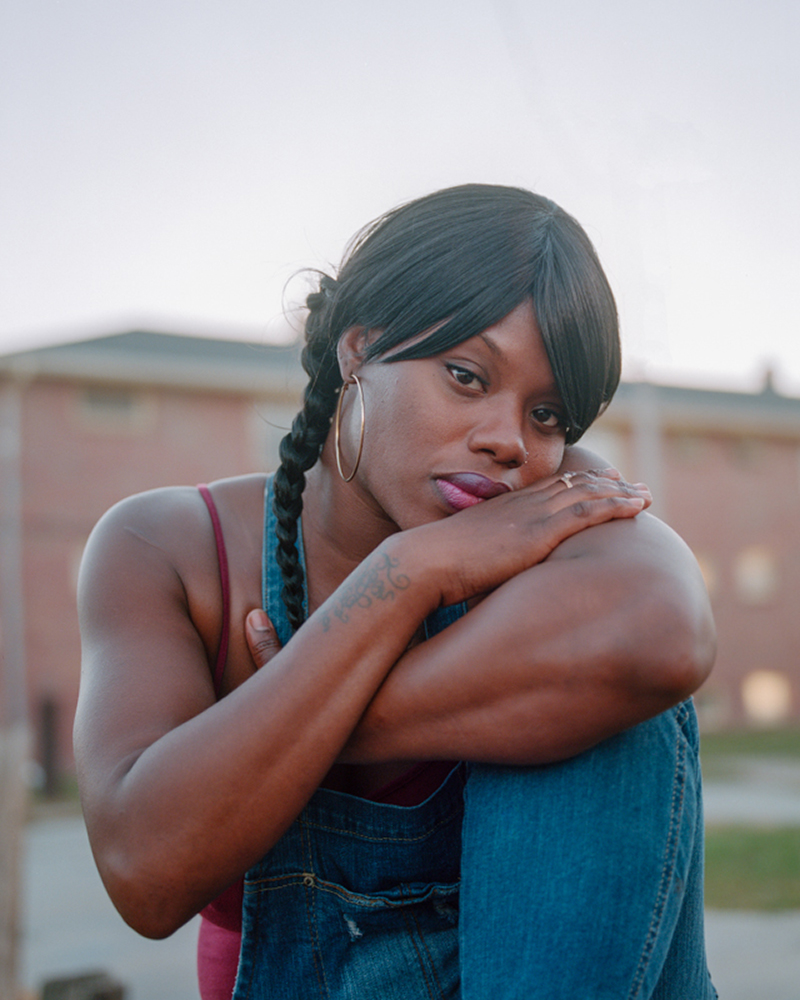
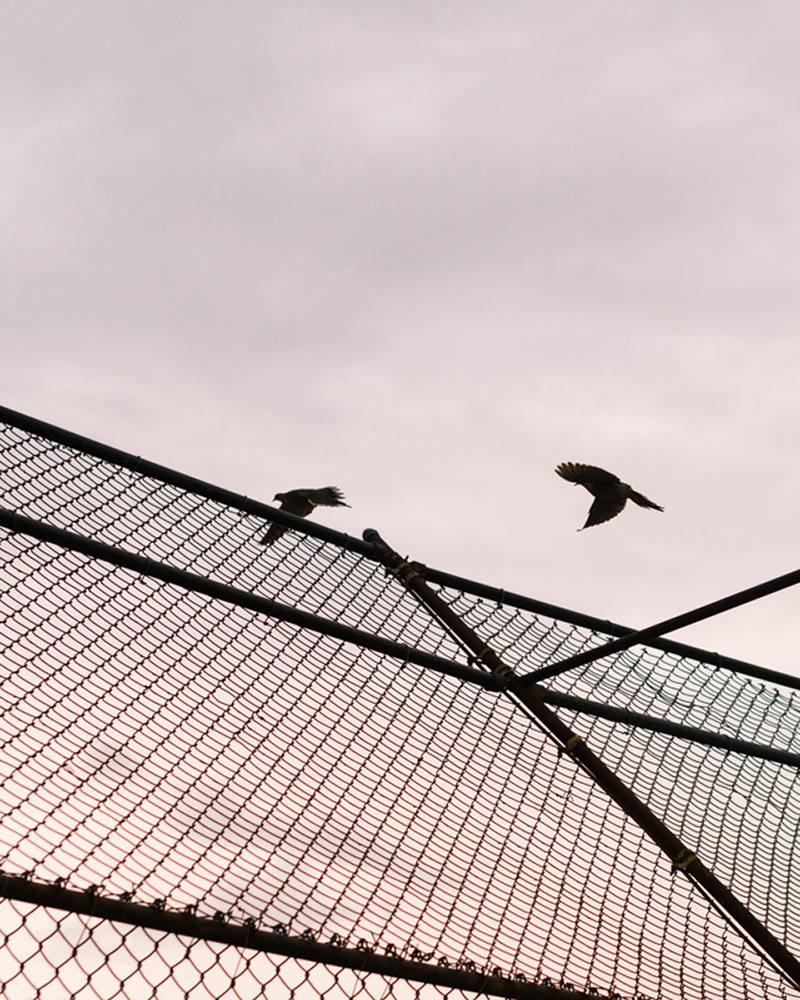
To view more of Zora J Murff’s work please visit his website.